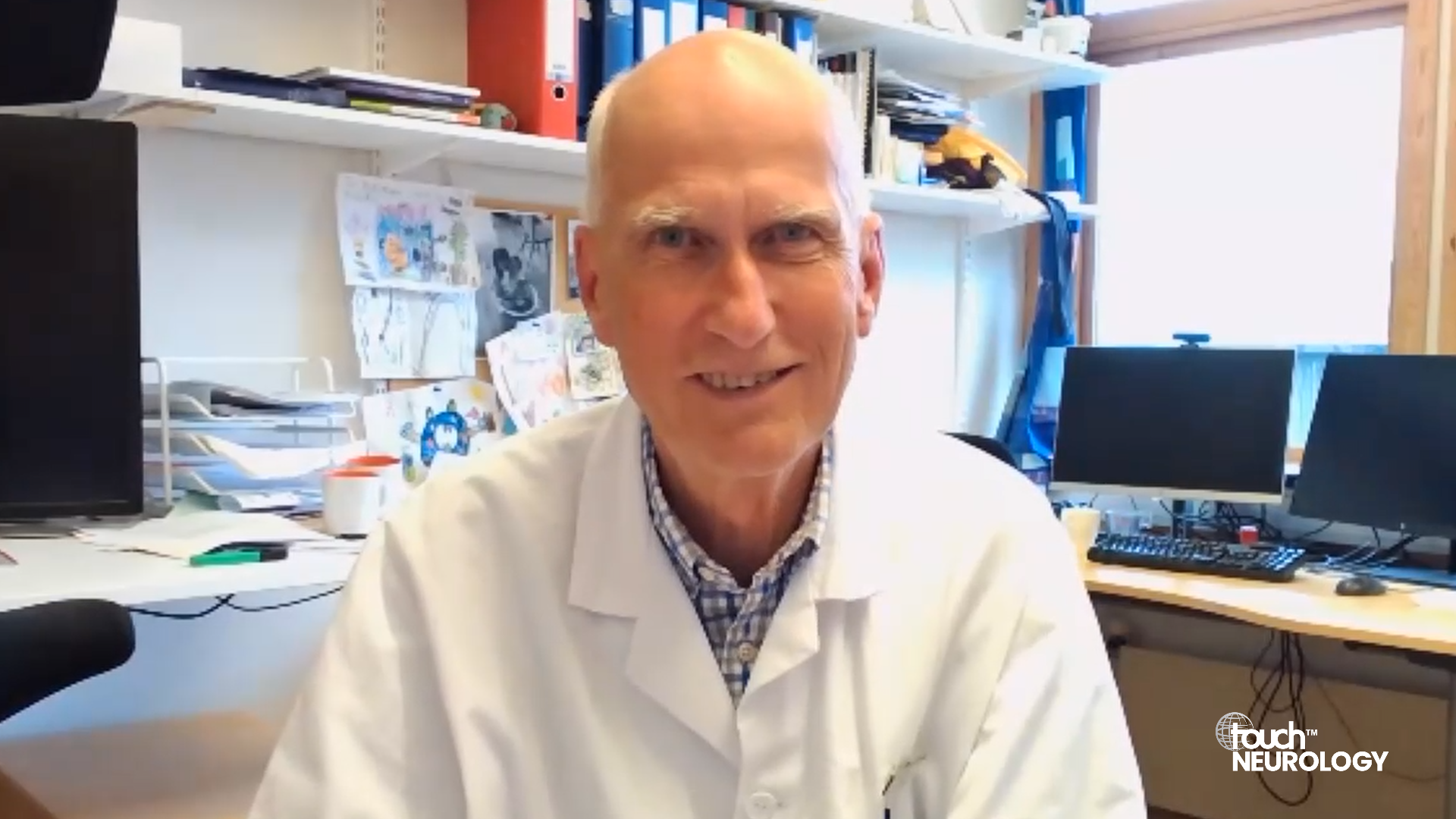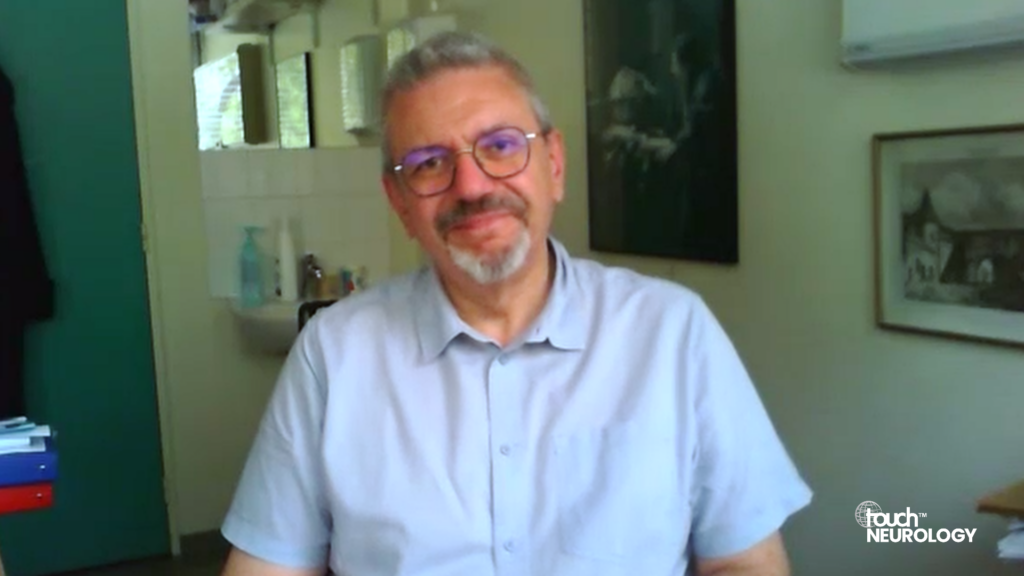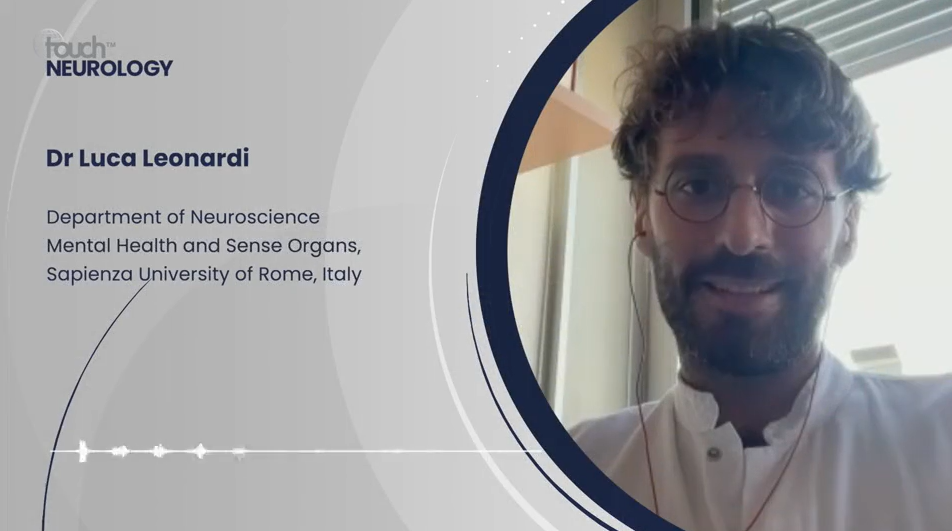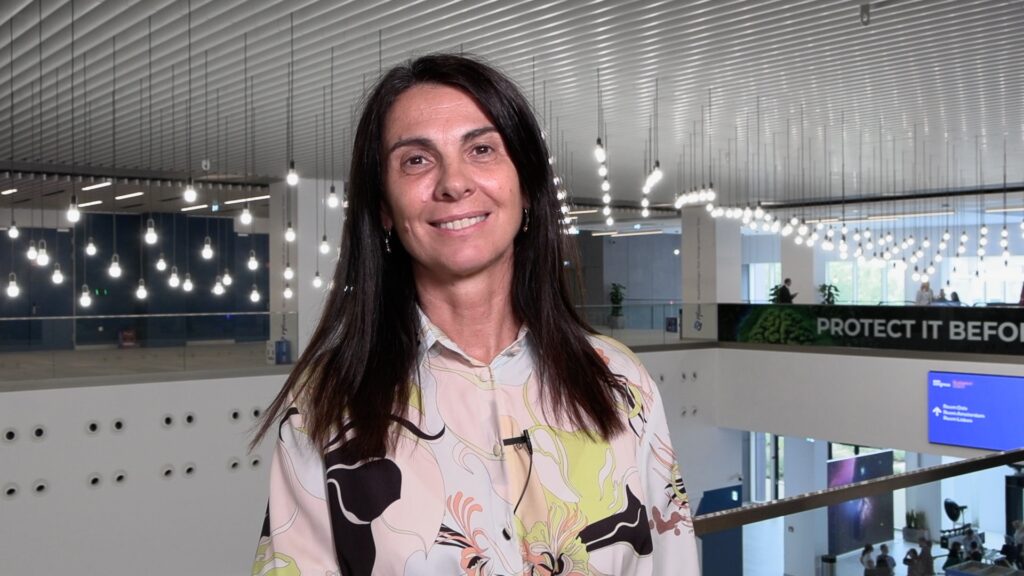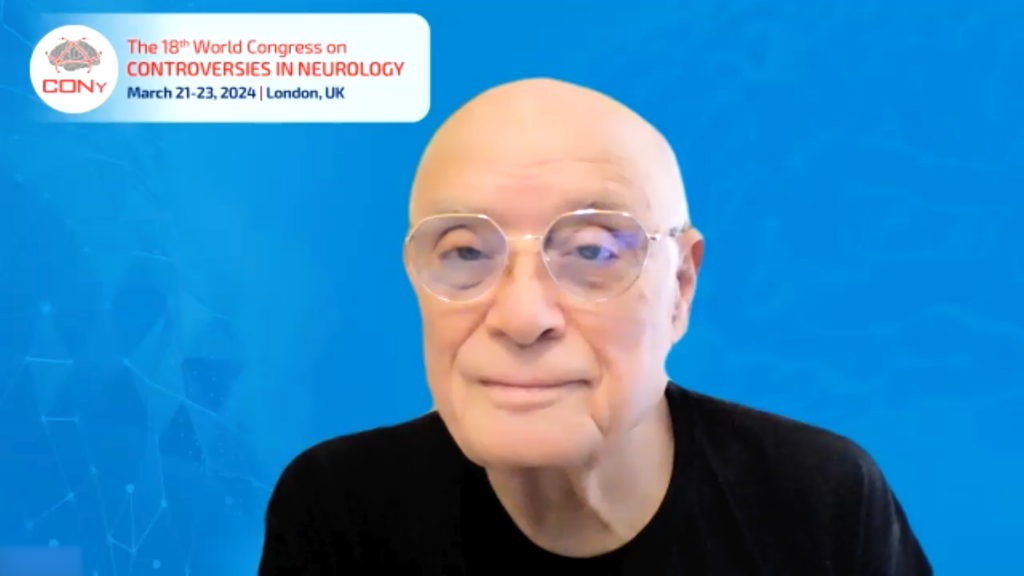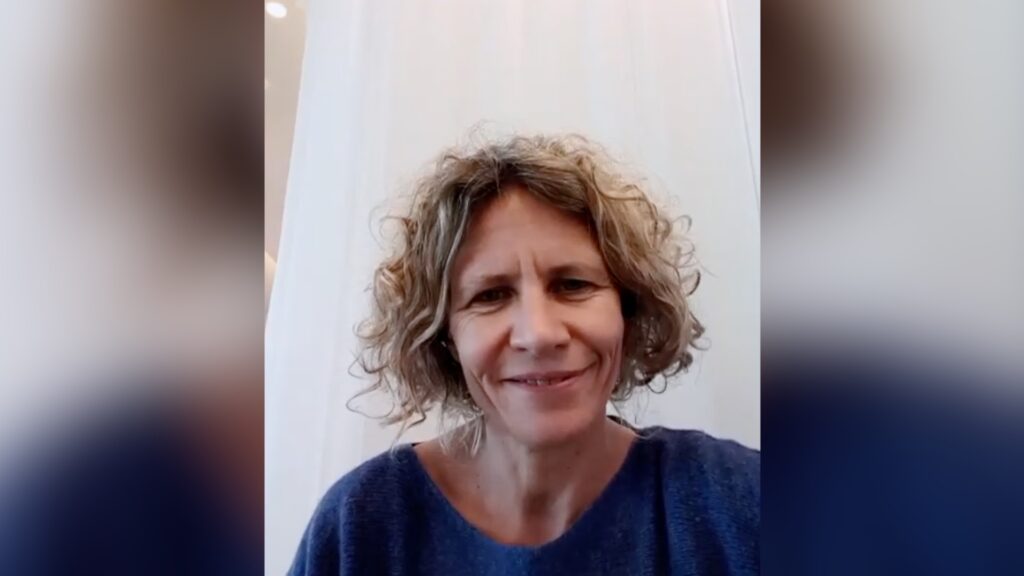An educational series from Duke Clinical Research Institute, presented by Richard Bedlack, MD, PhD, MS
FYI: New Therapeutic Strategies in Progressive Neuromuscular Disorders such as ALS
Share
Mark CompleteCompleted
BookmarkBookmarked
Copy LinkLink Copied
Log into your Touch Account
Earn and track your CME credits on the go, save articles for later, and follow the latest congress coverage.
Sign up with an Email
Or use a .
This Functionality is for
Members Only
Explore the latest in medical education and stay current in your field. Create a free account to track your learning.


